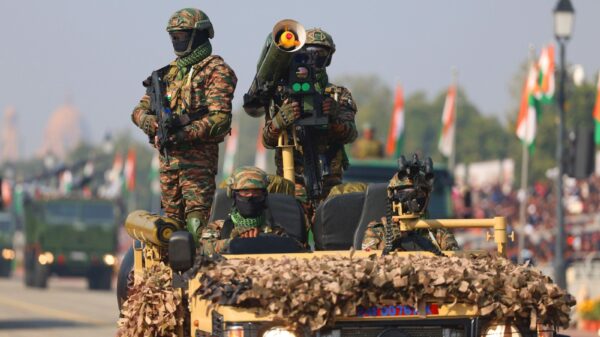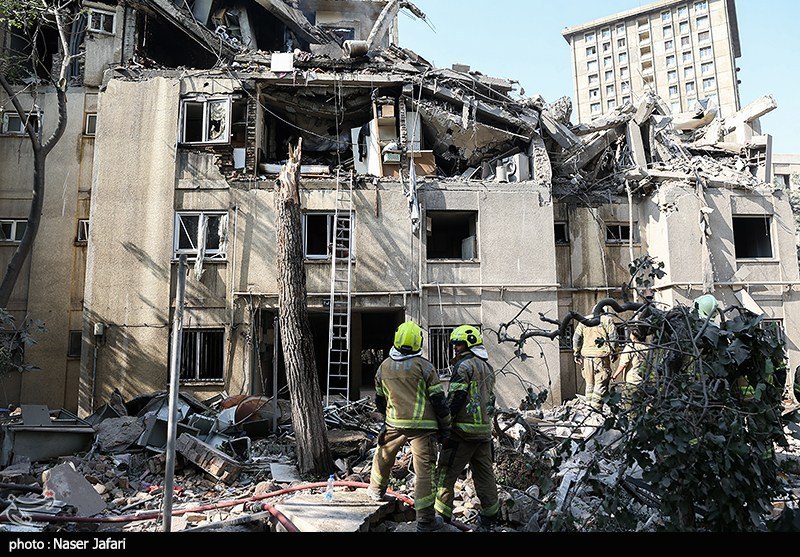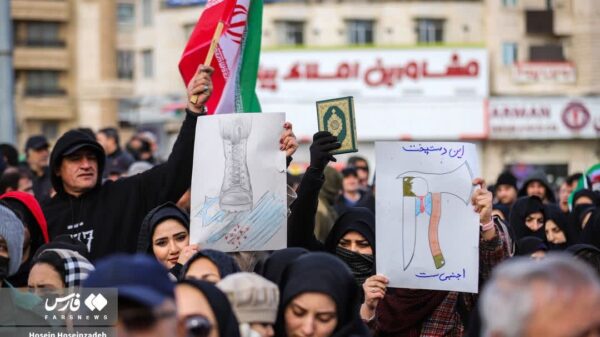Tensions in the Middle East have reached a peak after Israel launched a major airstrike on Iran, targeting its Natanz nuclear plant and other military sites. Despite receiving a warning two to three days earlier, Iran was unable to stop the attack.
The Israeli strike reportedly caused significant damage to the Natanz facility and killed several top officers of Iran’s Revolutionary Guard (IRGC). Iran has called the strike a “terrorist attack” and has vowed to take revenge.
Experts say the failure was due to outdated technology, a slow response, and smart tactics used by Israel that confused Iran’s defense systems.
Iran has developed several advanced air defense systems like the Bavar-373 and Khordad-15 to protect itself from air attacks. However, these systems could not handle modern stealth aircraft and advanced missiles. Military analyst Amir Talebi said, “Iran’s radars were simply not able to detect the Israeli F-35 jets. These planes fly high and fast and use stealth technology to avoid detection.”
Israel’s airstrike was carefully planned. It used F-35 fighter jets equipped with stealth technology that made them almost invisible to radar. Drones and cruise missiles were also used in the attack. They flew at low altitudes and approached from different directions, putting extra pressure on Iran’s defense systems. A former intelligence officer, who asked not to be named, said, “All this allowed Israel to strike without being stopped.”
Even with advance warning, Iran could not prepare in time. One major reason was that Iran’s radar systems were outdated and could not detect the F-35 jets. Another reason was the delay in activating defense systems. Experts say it takes 24 to 48 hours to bring these systems into full alert mode, and Iran wasted precious time. There are also reports that Israel launched a cyberattack just before the strike, disabling Iran’s communications and radar systems. Iran lacked proper technology to defend against this. Additionally, Iran’s forces do not have much experience in handling large-scale airstrikes, which made their response weaker. Defense expert Ali Hosseini said, “This was not just an airstrike. It was a high-tech, well-planned operation. Iran wasn’t ready.”
Iran has promised to take revenge, but experts believe that unless it improves its defense capabilities, more such attacks could happen in the future. Political analyst Reza Qadiri said, “The attack shows that in modern warfare, technology and intelligence are key. Iran now has no choice but to upgrade its systems, especially against stealth planes and cyber threats.”
The next few days are crucial. Iran’s response and Israel’s future actions will determine whether the region moves towards peace or more conflict.


































































